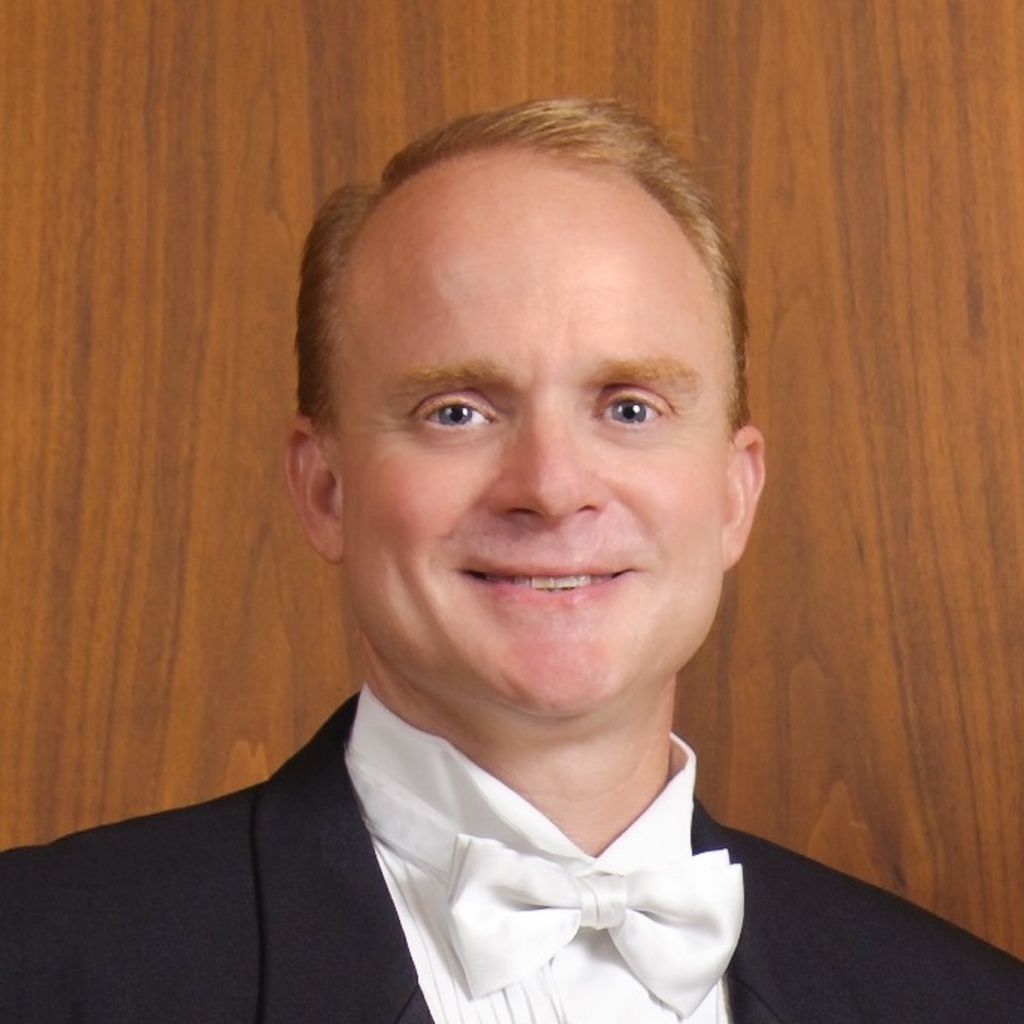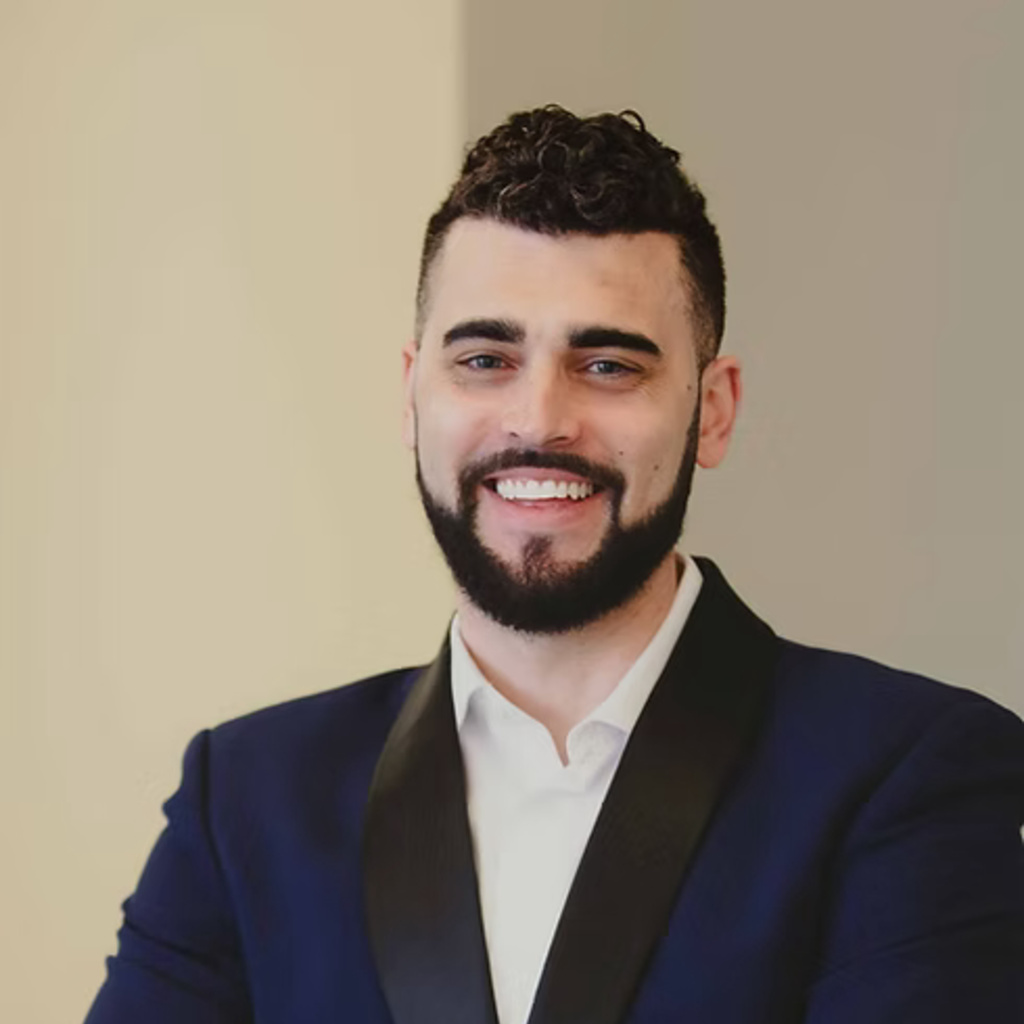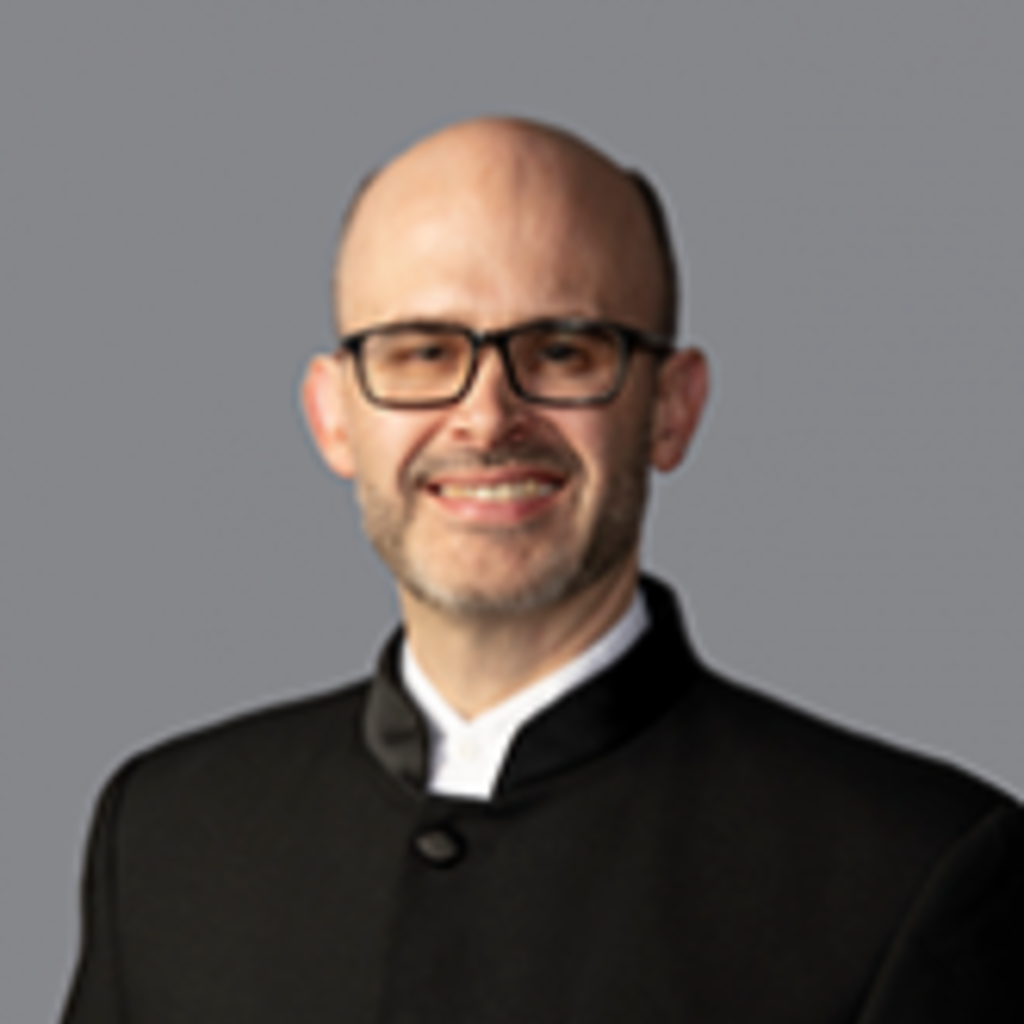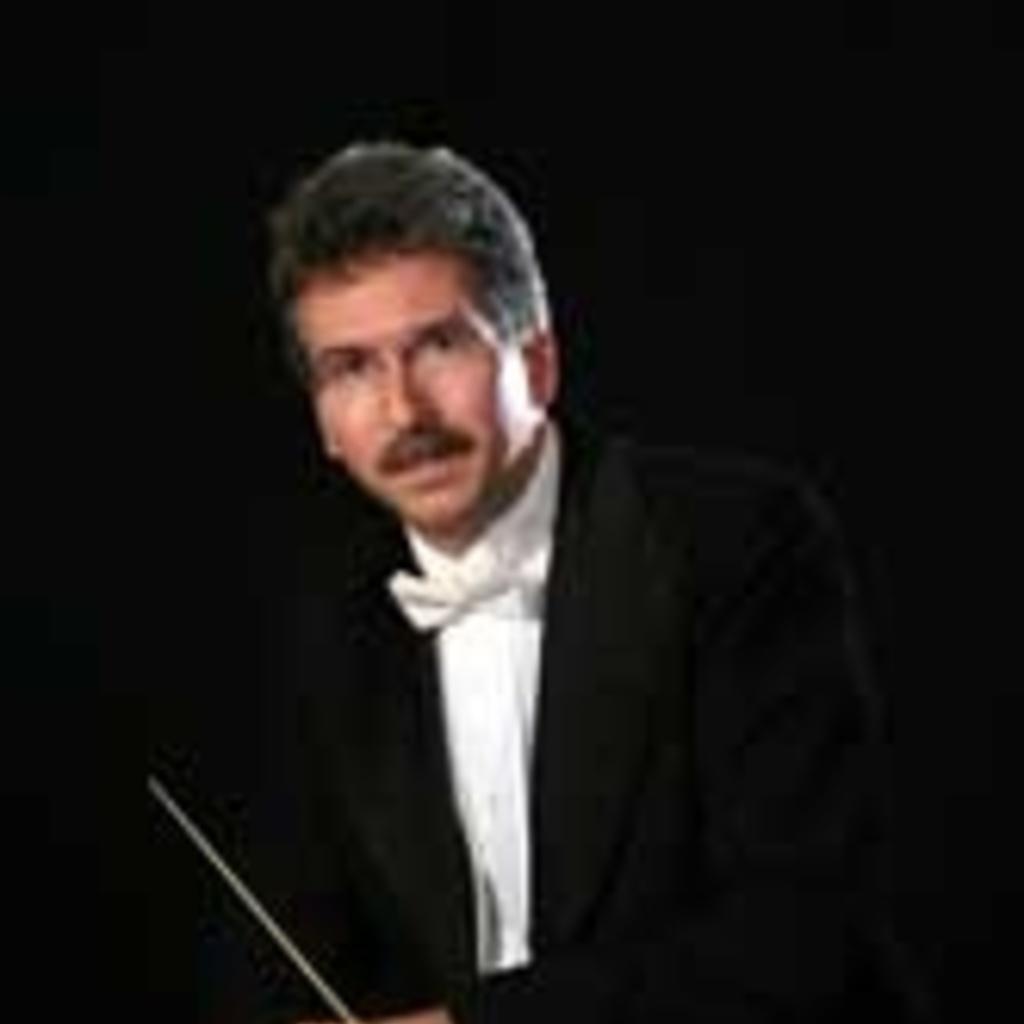Main navigation
Earn your DMA in Conducting
As a small department within a large School of Music, we offer graduate students the best of both worlds: excellent access to research libraries, stimulating performance opportunities, and ample teaching opportunities, all with a maximum of individualized attention from faculty.
The DMA in Conducting requires 72 post-baccalaureate semester hours completed. A minimum of 39 graduate credits must be earned at the University of Iowa.
There are three tracks for earning a doctorate degree in conducting:
- Choral Conducting
Contact: David Puderbaugh, Director of Choral Studies - Orchestral Conducting
Contact: Kenny Lee, Director of Orchestral Studies, - Wind Conducting
Contact: Richard Mark Heidel, Director of Bands
Course offerings
General requirements
- Introduction to Graduate Study in Music (MUS:5300), 2 semester hours
- Seminar in Music Research (MUS:7140), 2 semester hours
Music theory requirements
Students exempt from MUS:5200 through the advisory examination in music theory must complete 9 semester hours from the following:
- Counterpoint Before 1600 (MUS:4200), 3 semester hours
- Counterpoint After 1600 (MUS:4201), 3 semester hours
- Jazz Theory (MUS:4730), 3 semester hours
- Tonal Analysis (MUS:5235), 3 semester hours
- Non-Tonal Analysis (MUS:5236), 3 semester hours
- Analysis of Popular Music (MUS:5237), 3 semester hours
- Special Topics in Theory and Analysis (MUS:5240), 3 semester hours
- History of Ideas in Music (MUS:6210), 3 semester hours
- Theoretical Approaches to Music (MUS:6211), 3 semester hours
- Theory Pedagogy (MUS:6215), 3 semester hours
- Advanced Tonal Theory and Analysis (MUS:6250), 3 semester hours
- Advanced Non-Tonal Theory and Analysis (MUS:6251), 3 semester hours
- Advanced Theory and Analysis of Popular Music (MUS:6252), 3 semester hours
Music history requirements
Select from the music history courses in the following list. Only one 4000-level course (taken at the University of Iowa or equivalent transferred in from another institution) may count toward the 9 semester hours required:
- Music and Gender (MUS:4320), 3 semester hours
- Medieval and Renaissance Music (MUS:4325), 3 semester hours
- Baroque Music (MUS:4330), 3 semester hours
- 18th-Century Music (MUS:4335), 3 semester hours
- 19th-Century Music (MUS:4340), 3 semester hours
- 20th-Century Music (MUS:4345), 3 semester hours
- Advanced Jazz History (MUS:4350), 3 semester hours
- American Music (MUS:4355), 3 semester hours
- Jazz Matters (MUS:4360), 3 semester hours
- Studies in Film and Music (MUS:4610), 3 semester hours
- Teaching Music, History, and Culture (MUS:6305), 3 semester hours
- Topics in Musicology (MUS:6310), 3 semester hours
- Historical Approaches to Music (MUS:6312), 3 semester hours
- Topics in Ethnomusicology (MUS:6314), 3 semester hours
- Foundations of Ethnomusicology (MUS:6315), 3 semester hours
- Renaissance Music Notations (MUS:6326), 3 semester hours
- Music Editing (MUS:6375), 3 semester hours
Ensemble participation
Major Ensemble (four semesters required), 1 semester hour each
Choral conducting area requirements
- Graduate Secondary Performance – Voice (MUS:6120), 1 semester hour
- Advanced Choral Conducting I (MUS:6581), 3 semester hours
- Advanced Choral Conducting II MUS:6582 (3 semester hours)
- Advanced Choral Conducting III (MUS:6583), 3 semester hours
- Advanced Choral Conducting IV (MUS:6584), 3 semester hours
- Seminar: Choral Literature & Analysis I (MUS:6561), 3 semester hours
- Seminar: Choral Literature & Analysis II (MUS:6562), 3 semester hours
- Seminar: Choral Literature & Analysis III (MUS:6563), 3 semester hours
- Seminar: Choral Literature & Analysis IV (MUS:6564), 3 semester hours
- Score Reading (MUS:6585), 1 semester hour
- D.M.A. Recital (MUS:7900), three recitals required, 3-6 semester hours
- The first DMA recital also functions as a qualifying recital. In the event this recital is unacceptable, an additional recital with a different repertoire may be given at the discretion of the examining committee.
- DMA Essay/Thesis (MUS:7970), two semester hour minimum, six maximum
- If the student started coursework prior to fall 2019, the range is 4-8 semester hours
Orchestral conducting area requirements
- Graduate Secondary Performance lessons (instrument/voice) based on consultation with the Director of Orchestral Studies, 2 semesters required, 1 semester hour each
- Graduate Diction (MUS:5510:0002), 2 semester hours
- Offered in the fall only
- Advanced Orchestral Conducting (MUS:6580), six semesters required, 12 semester hours
- Score Reading (MUS:6585), 1 semester hour
- Advanced Orchestral Literature/Professional Development (MUS:6586), six semesters required; 2 semester hours each
- .M.A. Recital (MUS:7900), three recitals required, 3-6 semester hours
- The first DMA recital also functions as a qualifying recital. In the event this recital is unacceptable, an additional recital with a different repertoire may be given at the discretion of the examining committee.
- DMA Essay/Thesis (MUS:7970 ), 2 semester hours minimum; 6 maximum
- If the student started coursework prior to fall 2019, the range is 4-8 semester hours
Wind conducting area requirements
- Advanced Wind Conducting (MUS:6589), four semesters required, 2 semester hours each
- Seminar in Advanced Band Literature/Band History (MUS:6590), four semesters required, 2 semester hours each
Choose a minimum of 3 semester hours from the following courses:
- Applied Lessons (MUS:xxxx), 1 semester hour
- Arranging for Band (MUS:3665), 2 semester hours
- Marching Band Techniques (MUS:3666), 2 semester hours
- Advanced Choral Conducting III (MUS:6583), 3 semester hours
- Advanced Choral Conducting IV (MUS:6584), 3 semester hours
- Score Reading (MUS:6585 ), 1 semester hour
- Advanced Orchestral Literature/Professional Development (MUS:6586 ), 2 semester hour
Additional requirements for the degree:
- DMA Recital (MUS:7900), three recitals required, 6 semester hours
- DMA Essay/Thesis (MUS:7970 ), 2 semester hours minimum, 6 maximum
- If the student started coursework prior to fall 2019, the range is 4-8 semester hours
Foreign language or secondary area of music
French or German proficiency
Students can satisfy the proficiency requirement in one of the following ways:
- Completion of the fourth semester of the language at the undergraduate level with at least a grade of B, within the last 10 years.
- Testing out of the fourth semester of the language at the University of Iowa. Placement exams in French and German are offered each semester by the UI Examination Service, 300 Jefferson Building.
- Completion of graduate language courses French for Reading and Research (FREN:4911) or German Reading for Graduate Students (GRMN:5000). Prerequisites:
- GRMN:1002 (013:012)
- GRMN:1010 (013:014)
- GRMN:1020 (013:013)
Secondary area of music
Minimum of 6 semester hours; this option of the DMA program is an opportunity for students to individualize their course of study according to their strengths, personal interests, and career aspirations. The secondary area will enhance their viability in the job market and broaden the student’s professional profile and competence.
The student, the major advisor, and a professor from the secondary area will define this individualized component of the DMA course of study by the end of the first year of study. A contract listing the required coursework or other specific outcomes will be filed with the student’s records in the Academic Office.
The required coursework will include a minimum of six semester hours. These hours may not include any courses required to fulfill other degree requirements. The student’s Comprehensive Examination committee will include a secondary area advisor, who will provide questions pertaining to the secondary area.
Possible secondary areas include conducting, music education, jazz studies, theory, music history, or a secondary applied area. Secondary areas may not be specialized areas of the primary performance/pedagogy or conducting area.
Requirements and program planning
This information is intended to assist in your course planning but is not intended to serve as an official guide to graduation requirements. To confirm progress toward graduation, you should consult your advisor.
Create Your Academic Path
You'll find degree overviews, requirements, course lists, academic plans, and more to help you plan your education and explore your possibilities.
Current Course List
The MyUI Schedule displays registered courses for a particular session and is available to enrolled students. The list view includes course instructors, time and location, and features to drop courses or change sections.
Conducting and Ensembles faculty

Eric W. Bush

Richard Mark Heidel

Alex Koppel
Kenny Lee
Nick Miller

David Puderbaugh
